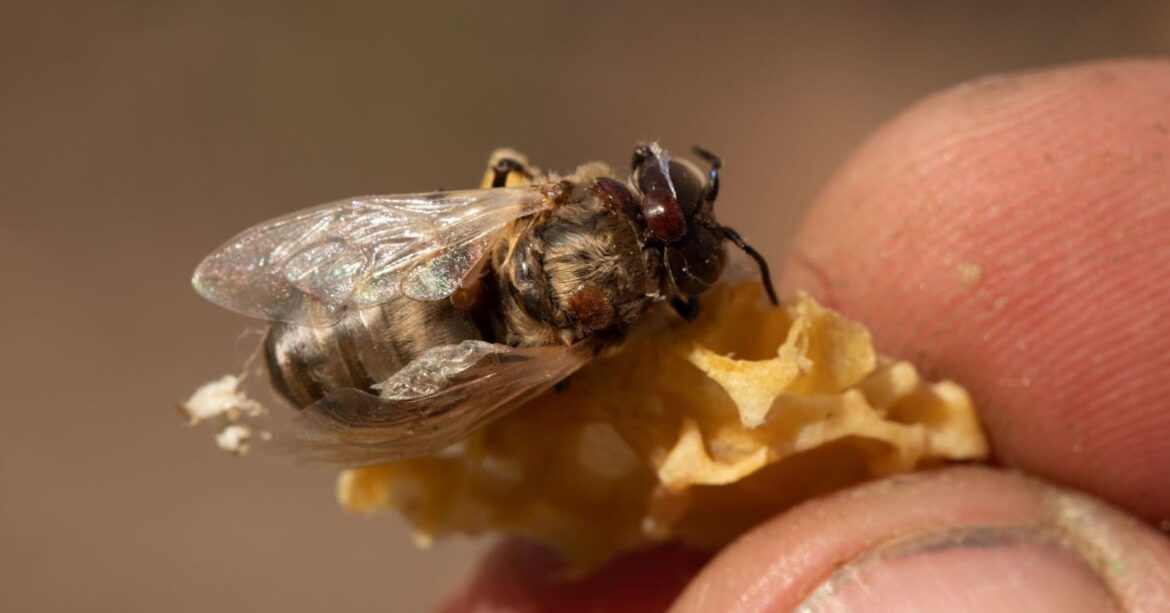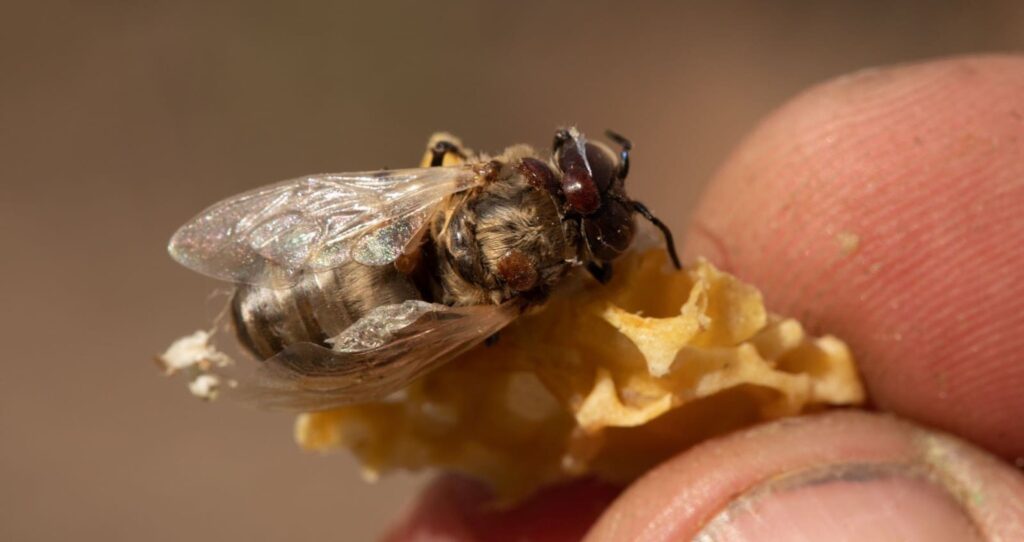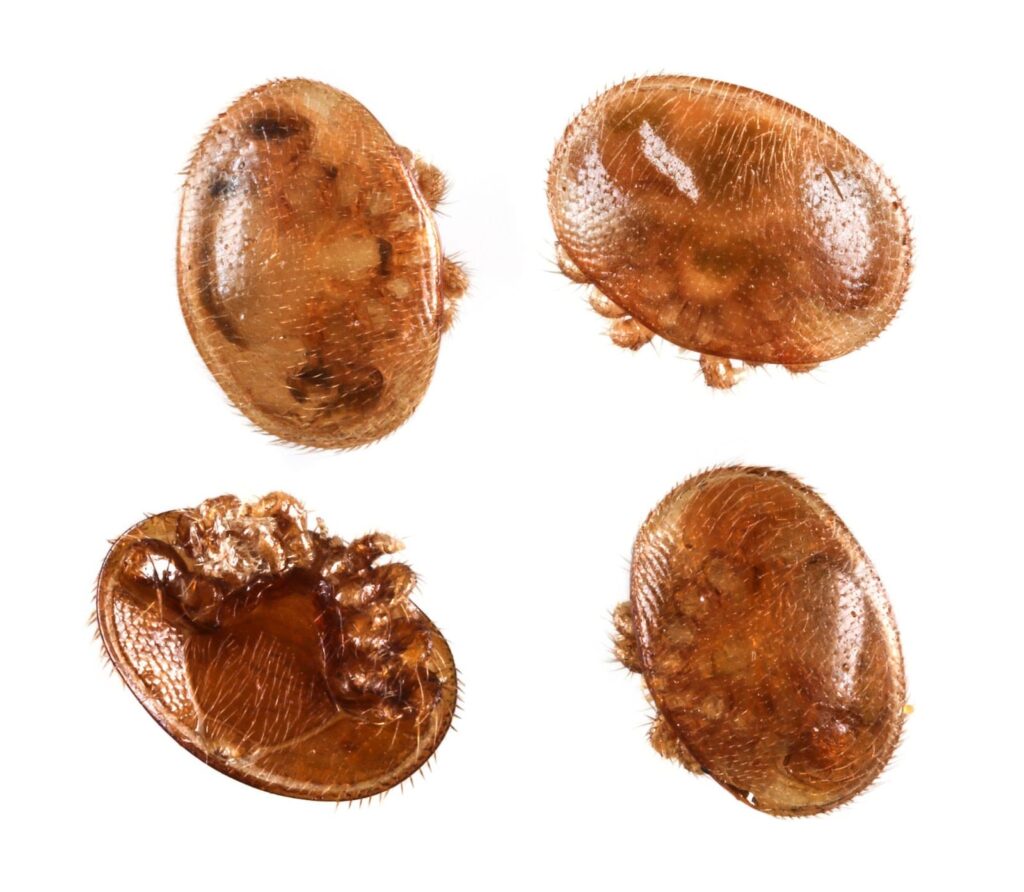Almond and Beekeeping Industries in Australia are Struggling due to Varroa Mite Restrictions
Almond farmers in Australia are facing cumulative losses of millions of dollars due to a shortage of beehives. The shortage is being caused by the current ban on hives in New South Wales (NSW) being moved to Victoria.
The ban has come at an especially bad time as the pollination period for almonds usually begins in August. If there are not enough bees, then the pollination will be seriously adversely affected, and the industry will suffer big losses.
Key points
- Almond farmers in Australia are facing cumulative losses of millions of dollars due to a shortage of beehives.
- The shortage of hives is being caused by a ban on transporting honeybees from NSW to Victoria.
- The ban has been put in place as a way of controlling a pest infestation following a varroa mite discovery in NSW.
- If the ban on beehive transportation remains in place, the Australian almond industry could lose as much as $200 million of production value this year.
Why is the ban in place?
The ban that is causing the problems is the result of the discovery of varroa mite in NSW. The pests were found in hives near the Port of Newcastle. This is extremely bad news for Australia as so far it has been the only country to not have a problem with varroa mite.
These tiny parasites are destructive. They attack the wings of honeybees and can eventually kill entire bee colonies. Considering the level of destruction they cause, it’s not surprising that the ban on bee transportation has been put in place.
According to a spokesman for the Victorian government, the strict measures aim to protect agriculture and beekeeping in the state against the varroa mite and potential losses of up to $295 million a year.
It’s hoped that the ban will not last too much longer as measures are being taken in NSW to eradicate the invasive pest. So far, more than 4,000 hives have been destroyed in the state, across nearly 200 sites where the varroa mite has been discovered.
How is the ban on transporting bees affecting the Australian almond industry
Although the ban on transporting beehives from NSW to Victoria is aimed at guarding against potential losses, it also has the potential to cause financial problems for some industries. This could certainly be the case for the almond industry.
As the CEO of the Almond Board of Australia, Tim Jackson, recently addressed, this is a very bad time for industry to be affected by a deficit of bees. The honeybee is vital to the pollination of almond trees that normally starts in August. A lack of bees reduces the amount of pollination that can take place and results in fewer almonds.
The number of beehives required by the almond industry already stretches available resources, so any further reduction in the number of available hives is a potential disaster. So far, the almond industry in Victoria has around 80,000 of the 150,000 hives needed to meet its target of delivering $600 million in value. This lack of hives means the industry could lose out on around $200 million of production value this year.
The impact will not only be felt in Victoria but also across the entire Australian almond industry. This is because around 60% of Australian almonds are grown in Victoria.
Almond industry leaders are concerned about the potential multi-million dollar losses. They met with officials in Victoria to work out a solution to the problem, but no progress was made.
The Victorian government is not willing to issue permits to NSW beekeepers to allow them to move bees to Victoria. This is likely to remain the case for as long as the varroa mite continues to be a danger to the honeybee population.
The restriction on bee movement is more of a problem to the almond industry than COVID lockdowns were because during the COVID crisis beekeepers were still allowed to travel interstate. The clampdown is having a dramatic affect on commercial beekeepers like Lindsay Callaway who estimates he could lose around $250,000 including $75,000 from losing contracts with the almond industry. Losses like these are being felt across the beekeeping industry as well as the almond industry.
Threat to other crops if honeybee pollination does not happen
It’s not only almond crops that are likely to affected if restrictions on the transportation of bees in Australia continue. Honeybees also pollinate apples in September. Other fruits they pollinate that month are pears and cherries, and in October they pollinate avocados.
Each industry is hoping that measures to control and eradicate the varroa mite work. Beekeepers in Australia are also hoping that this is the case as failure to control the mite will have serious repercussions for commercial beekeepers and for backyard beekeepers who may find it especially difficult to put measures in place to protect their hives.
Only time will tell if varroa mite control measures work. In the meantime, almond industry representatives continue to work with the authorities to find a way for limited transportation of honeybees to happen.
2 - 2Shares



